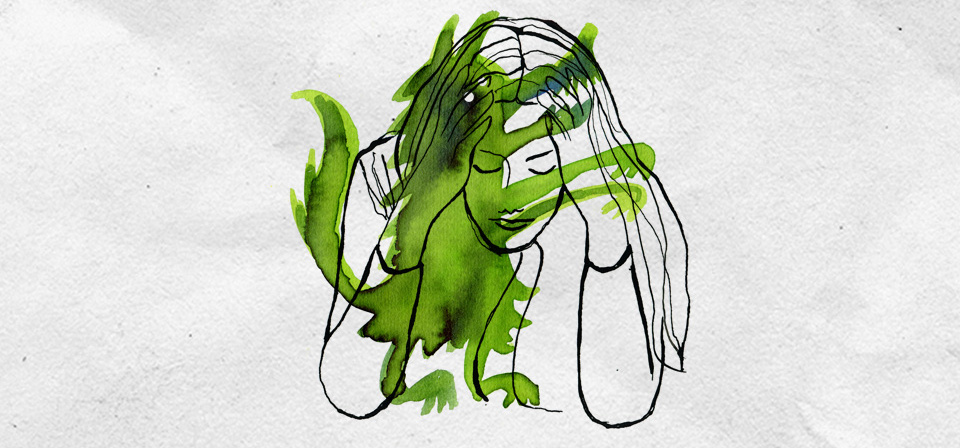Education remains a champion in burnout
In no industry is the number of burnout complaints as high as in education. This is evident from the 2018 National Working Conditions Survey. Education has consistently been in first place in recent years.

Picture: Type tank
Nearly a quarter of employees in education have burnout complaints, according to a survey by the Central Bureau of Statistics and TNO among more than 60 people from all industries. In the study, for example, education is at a lonely height in the category 'emotional involvement in work' and last but not least in 'opportunities to take leave'. Many employees in education feel "emotionally drained" and "empty at the end of the day."
Teacher shortage
“We do as AOb do everything possible in collective bargaining agreements to reduce the workload, for example by making agreements about sustainable employability ”, say staff employees Anissa Khattabi and Marcel Koning. "But due to the teacher shortage and the ever-increasing class sizes, mopping up with the tap remains open." These larger classes are partly caused by appropriate education. "Many classes now have one or two extra students who would otherwise have gone to special education."
Many hands make work lighter
According to Khattabi and Koning, there is only one solution to the high number of burnout complaints in education: more money. “Money for smaller classes and for appointing more teachers, so that teachers have to work fewer hours. And of course money for salaries, so that we make the teaching profession attractive again and new colleagues enter the market. Many hands make light work."


